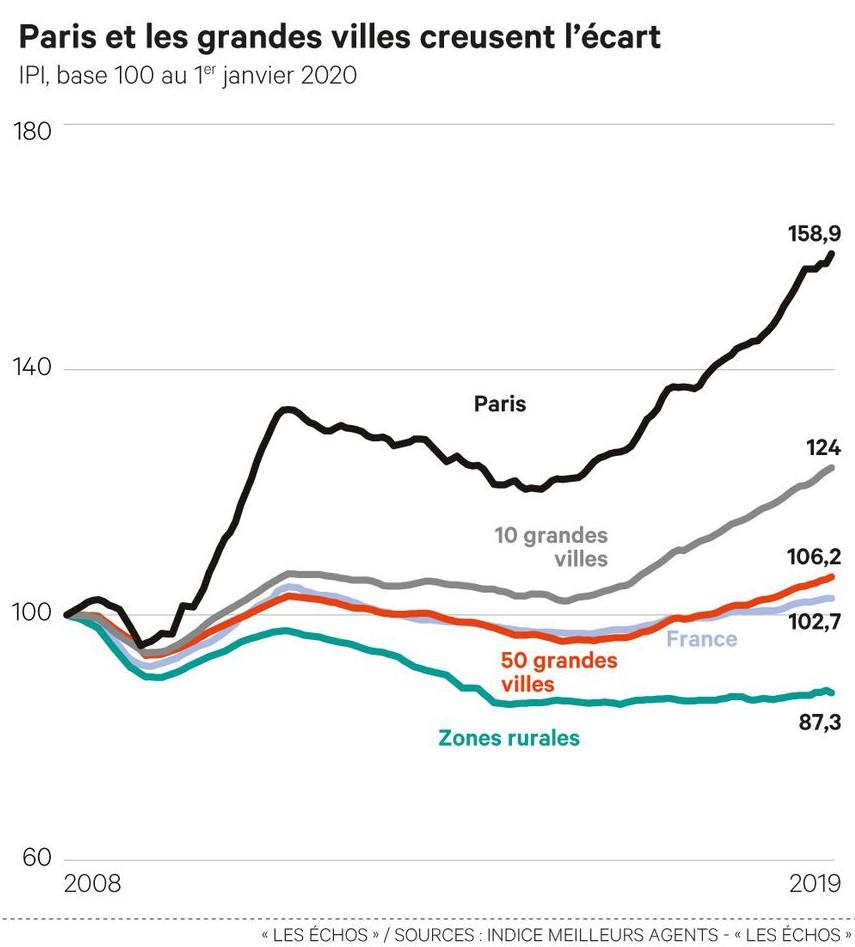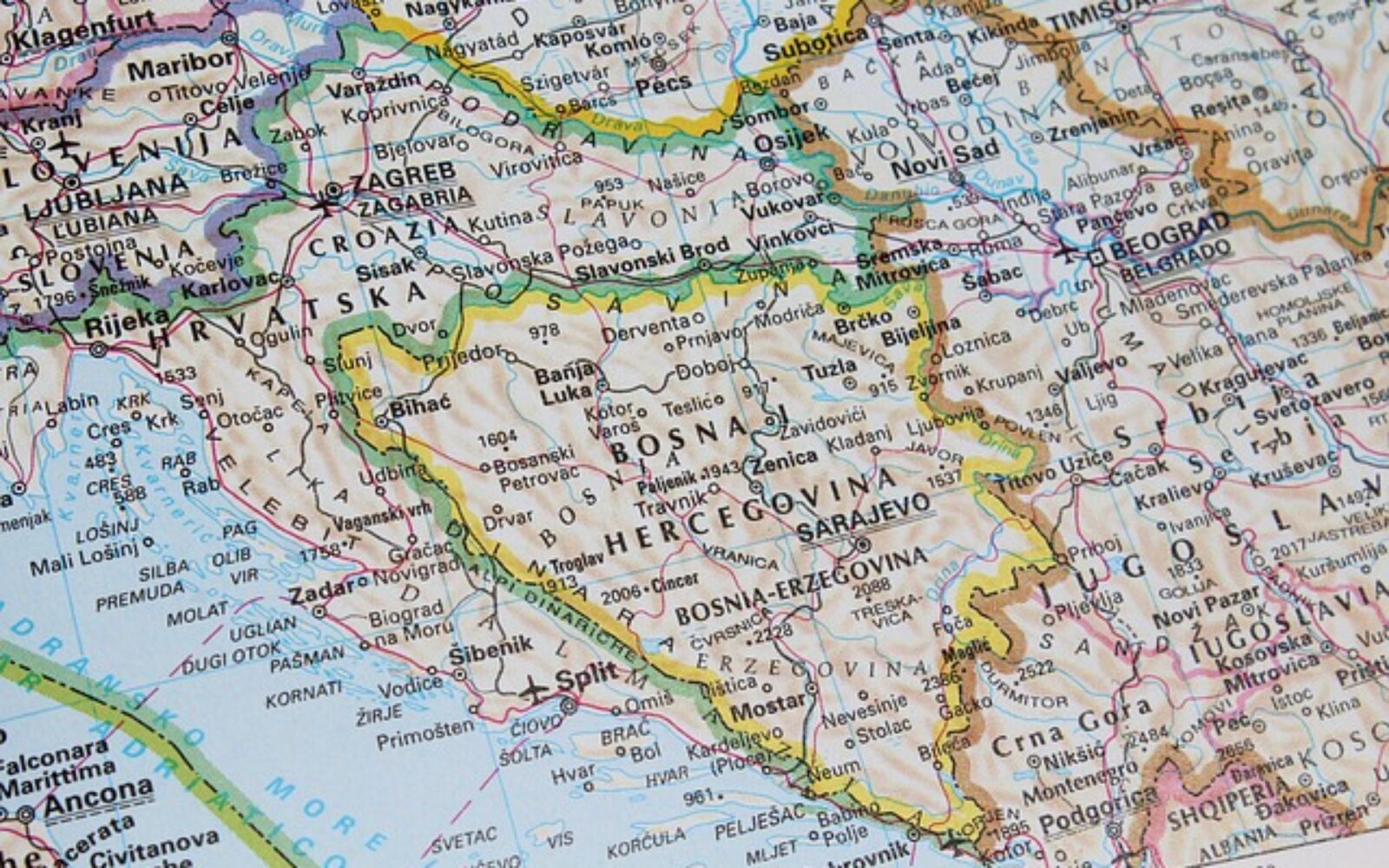FSU Shooting Victim's Family History: From Cuban Exile To CIA

Table of Contents
The Escape from Cuba: A Legacy of Exile
The victim's family fled Cuba in the wake of the Cuban Revolution, a period of immense political and social upheaval. Their reasons for leaving were multifaceted, encompassing fears for their safety, concerns about the future under the new regime, and a desire for greater freedoms. Their escape, undertaken in [Year], involved a perilous journey by [Mode of Transportation]—a testament to their determination to build a better life. They initially settled in [City, State], beginning a new chapter far from their homeland.
- Challenges faced during their escape: The journey was fraught with dangers, including navigating treacherous waters, facing uncertainty about their future, and leaving behind cherished possessions and loved ones.
- Early life in the US and struggles with acclimation: Adjusting to life in a new country presented numerous challenges. Language barriers, cultural differences, and economic hardships were significant hurdles.
- Impact of the Cuban Revolution on the family's decision to leave: The revolutionary government's policies, particularly those affecting [Specific policies impacting the family - e.g., property ownership, political freedoms], directly influenced their decision to seek refuge abroad. The family’s experiences mirror the struggles faced by many Cuban exiles who sought freedom and a new beginning.
Building a New Life in America: Challenges and Triumphs
Despite the hardships, the family demonstrated remarkable resilience in building a new life in America. They worked tirelessly, embracing the opportunities afforded by their adopted country. Their commitment to education and hard work led to significant professional achievements and contributions to American society. Their story underscores the immigrant experience and the power of perseverance.
- Career paths pursued by family members: Family members pursued careers in [List career fields, e.g., medicine, engineering, business]. Their professional success reflects their dedication and determination.
- Education and educational achievements: Education played a pivotal role in the family's upward mobility. [Detail educational milestones, such as degrees earned and professional certifications].
- Overcoming language barriers and cultural differences: The family successfully navigated the challenges of adapting to a new language and culture, highlighting their adaptability and determination to integrate into American society.
- Contributions to their adopted community: The family actively participated in their community, contributing to [mention community involvement, e.g., local charities, civic organizations]. Their commitment to their new home showcases their civic engagement.
Unveiling the CIA Connection: A Surprising Revelation
Reports suggest a connection between a member of the victim's family and the CIA. [Carefully and factually describe the alleged connection, citing verifiable sources and avoiding speculation]. It's crucial to approach this sensitive topic with responsibility and respect for the family's privacy while maintaining journalistic integrity.
- The nature of the alleged relationship: [Clearly explain the nature of the relationship, if verifiable. E.g., employment, collaboration on a specific project, etc.].
- Timeframe of the alleged involvement: [Specify the timeframe of the alleged involvement as precisely as possible].
- Potential motivations behind the connection: [If applicable and verifiable, briefly discuss potential motivations. Avoid conjecture].
- Impact of this revelation on the family's history: [Explain how this revelation has impacted the family's narrative and understanding of their past].
Ethical Considerations and Reporting Standards
Reporting on sensitive matters requires utmost care. We have prioritized responsible journalism, ensuring accuracy and minimizing potential harm to the family. The information presented here is based on [Specify sources and methods of verification]. Where information remains unverified or unsubstantiated, we have refrained from speculation. Protecting the family's privacy is paramount.
Conclusion
The story of the FSU shooting victim's family is a testament to resilience, adaptation, and the intricate tapestry of personal and political history. Their journey from Cuban exile to an unexpected connection with the CIA offers a captivating narrative that illuminates the multifaceted experiences of immigrants and the enduring impact of historical events. Understanding this FSU shooting victim's family history provides crucial context to the tragic loss and sheds light on the broader narrative of their lives. To learn more about similar stories of resilience and the impact of political events on personal lives, continue exploring resources related to FSU shooting victim's family history and Cuban exile experiences.

Featured Posts
-
 Marko Bosnjak Kladionice I Realne Sanse Za Pozitivan Ishod
May 19, 2025
Marko Bosnjak Kladionice I Realne Sanse Za Pozitivan Ishod
May 19, 2025 -
 Ufc Vegas 106 Fight Card Predictions Gilbert Burns Bellator And Staff Picks
May 19, 2025
Ufc Vegas 106 Fight Card Predictions Gilbert Burns Bellator And Staff Picks
May 19, 2025 -
 Aileler Ve Gencler Icin Trend Nevresim Takimi Secenekleri 2025 Koleksiyonu
May 19, 2025
Aileler Ve Gencler Icin Trend Nevresim Takimi Secenekleri 2025 Koleksiyonu
May 19, 2025 -
 Carte Des Prix Immobiliers Suivez L Evolution Des Prix Des Maisons Dans Votre Region De France
May 19, 2025
Carte Des Prix Immobiliers Suivez L Evolution Des Prix Des Maisons Dans Votre Region De France
May 19, 2025 -
 Stolen Restaurant Stolen Dreams The Fight For Compensation Begins
May 19, 2025
Stolen Restaurant Stolen Dreams The Fight For Compensation Begins
May 19, 2025
Latest Posts
-
 Alfonso Arus Critica Duramente A Melody En Arusero Tras Su Eleccion Para Eurovision 2025
May 19, 2025
Alfonso Arus Critica Duramente A Melody En Arusero Tras Su Eleccion Para Eurovision 2025
May 19, 2025 -
 Eurovision 2025 Fechas Semifinales Y Datos Clave Del Festival
May 19, 2025
Eurovision 2025 Fechas Semifinales Y Datos Clave Del Festival
May 19, 2025 -
 Analiza Kladionica Kolika Je Vjerojatnost Popravka Za Marka Bosnjaka
May 19, 2025
Analiza Kladionica Kolika Je Vjerojatnost Popravka Za Marka Bosnjaka
May 19, 2025 -
 Povratak Baby Lasagne Na Eurosong Je Li To Moguce
May 19, 2025
Povratak Baby Lasagne Na Eurosong Je Li To Moguce
May 19, 2025 -
 Marko Bosnjak Kladionice I Realne Sanse Za Pozitivan Ishod
May 19, 2025
Marko Bosnjak Kladionice I Realne Sanse Za Pozitivan Ishod
May 19, 2025
